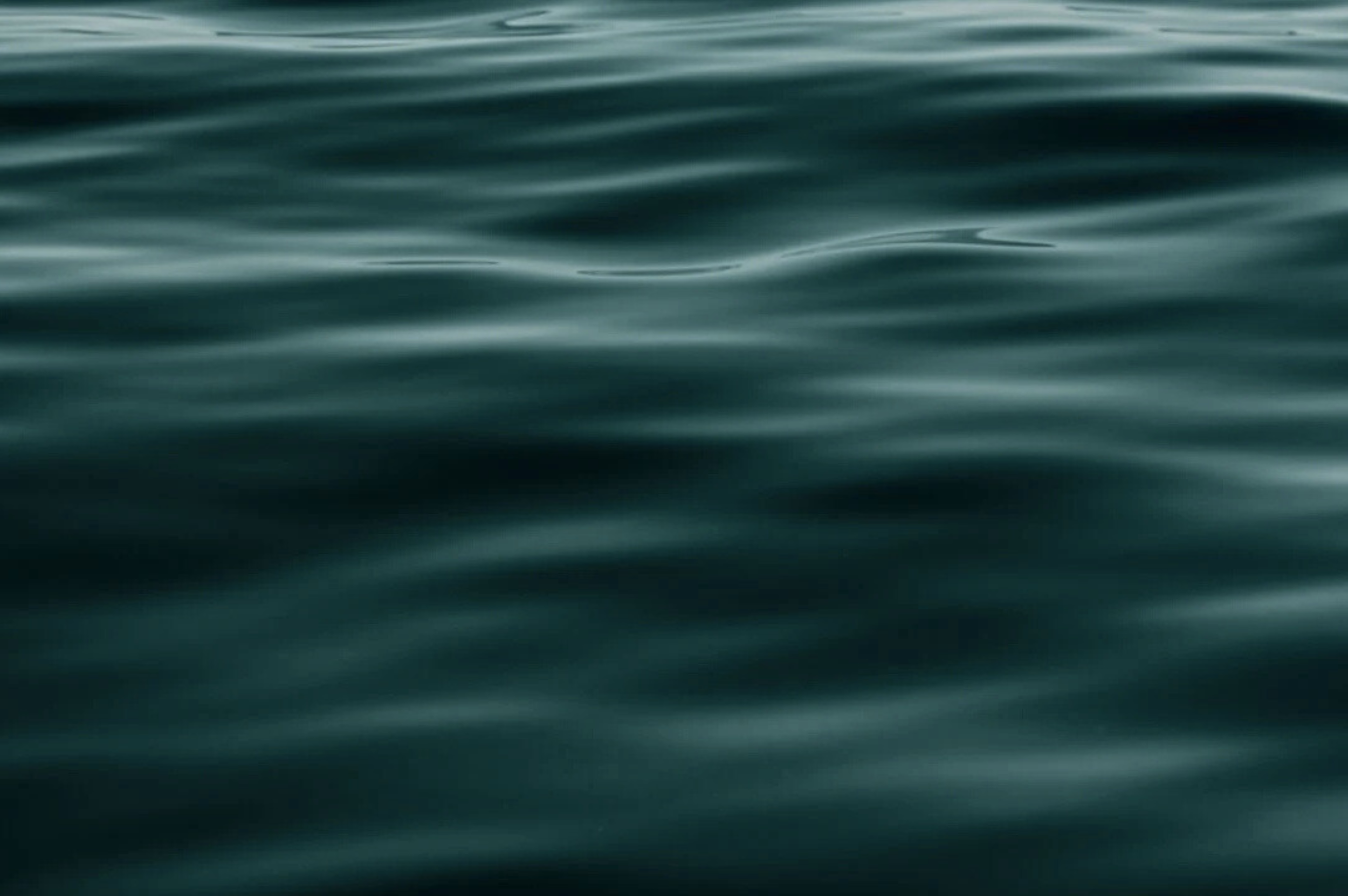
What is water cremation?
Water cremation (also referred to as aquamation or alkaline hydrolysis) is a gentle alternative to flame cremation that mirrors natural decomposition.
Like flame cremation, water cremation reduces the body to pure bone so families receive ashes to bring home.
The Aquamation process uses gentle water flow, temperature and alkalinity to accelerate our ecosystem’s natural method of breaking down and decomposing organic matter. A process that would naturally take months or years is reduced to just 20 hours. During that time, a combination of 95% warm water and 5% alkali gently rushes over the body.
At the end of the Aquamation process, your companion’s physical components have been returned to their natural elements, dispersed in water – with only the solid bone remaining, pathogen and disease free. In fact, viruses – and even chemicals such as cytotoxic drugs (e.g., chemotherapy drugs) – are broken down into basic nutrient elements, rendering them non-toxic. The mineral bone ash is returned in an urn to those who request take home remains. The water byproduct, known as effluent, is not only benign, but also beneficial. Returned to the environment, effluent is shown to improve municipal water systems. The effluent may also be used as a natural, chemical free fertilizer.
Water cremation is gentler for your loved one and the planet. Compared to flame cremation, the process produces no greenhouse gas emissions and consumes 90% less energy—and still results in ashes for you to bring home.
